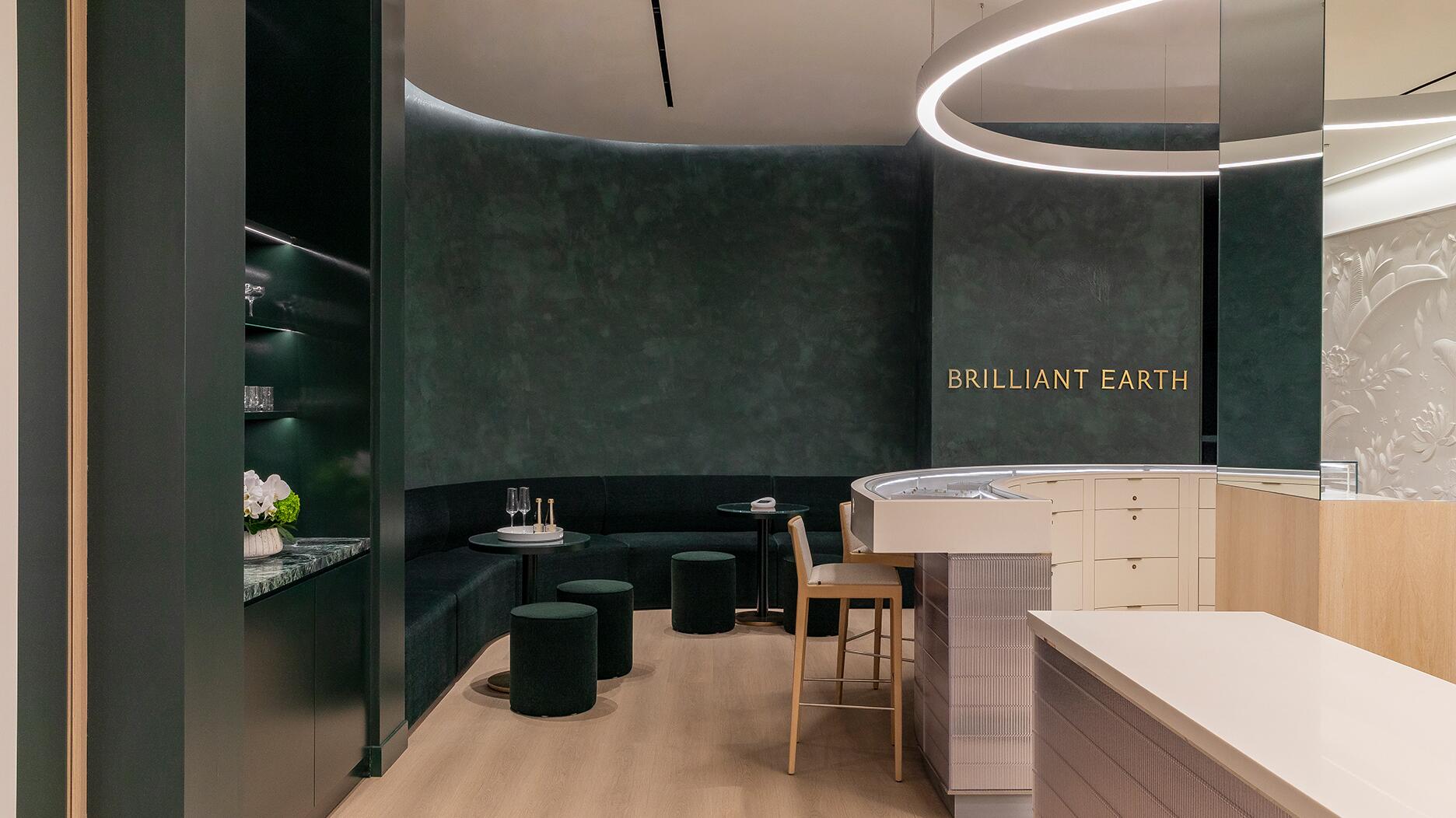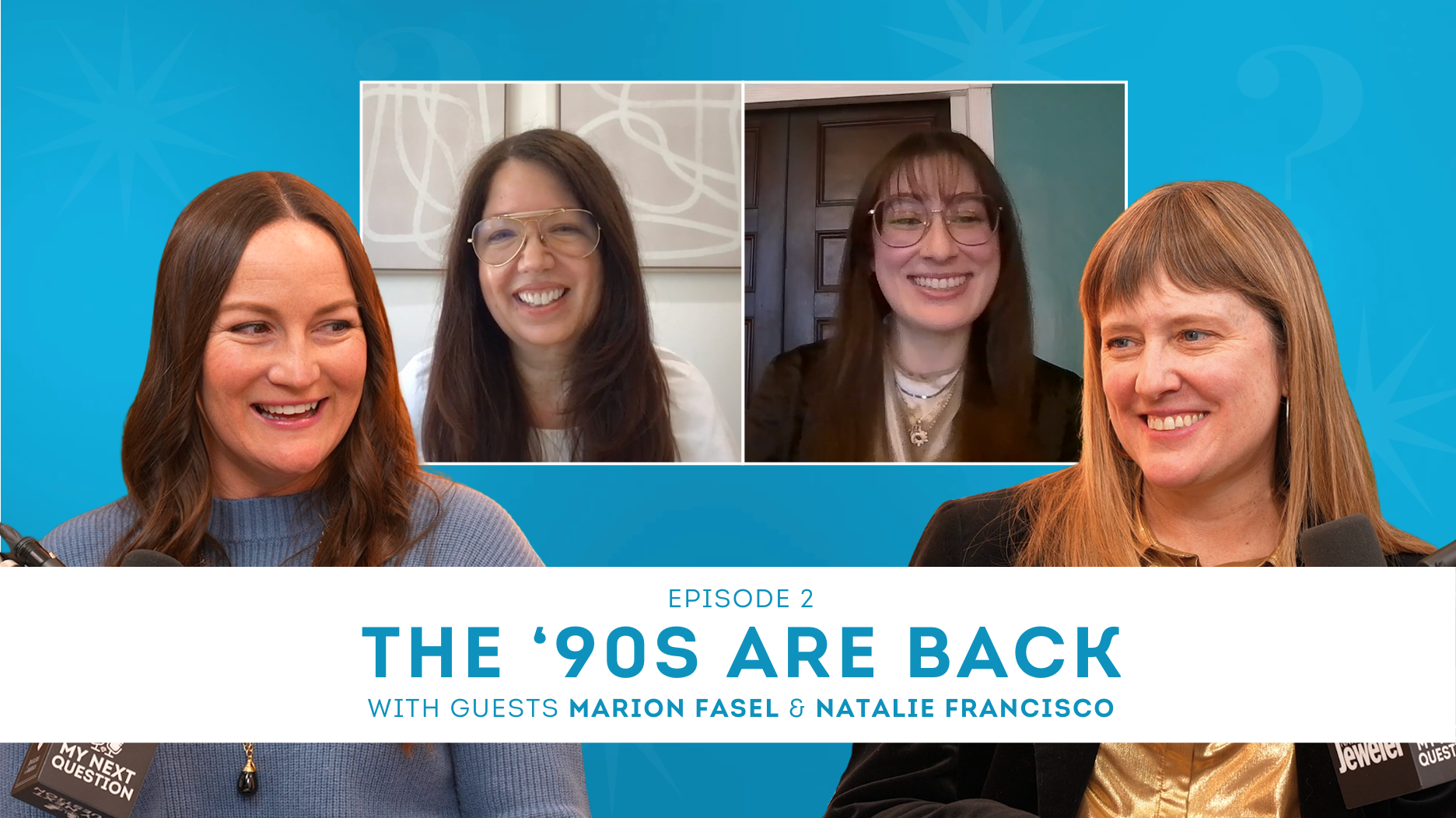Chicago police and members of the U.S. Marshals Service tracked down the 35-year-old suspect earlier this week in St. Louis.
Middle class problems
Whether it’s coincidence or kismet, as soon as I slated this post for Friday’s newsletter, I began reading stories addressing the issue that’s been on my mind for some time: the shrinking of the middle class.

In a speech at a luxury summit in Monaco, Rupert listed the erosion of the middle class, and his belief that it will have negative effects on the sale of luxury goods because those who are wealthy won’t want to flaunt it, as one of the issues that keeps him up at night.
“How is society going to cope with structural unemployment and the envy, hatred and the social warfare?” he said, according to Bloomberg. “We are destroying the middle classes at this stage and it will affect us. It’s unfair.”
The story quoting Rupert came just one day after The Daily Beast published a column stating that the malls that are thriving are those that cater to the wealthiest consumers.
Mr. Rupert, I agree. The decline of the quality of life for members of the middle class concerns me not just because my job is in the fine jewelry industry, but because I am member of the middle class.
I grew up outside of Pittsburgh, in a sea of small run-down mill towns that have been in decline since the 1970s and which society long ago stopped caring about; no hipsters, breweries or shops selling $30 jars of organic mayonnaise there. It’s the just the same buildings that have been decaying since I was a kid in the 1980s.
Still, I was part of the middle class. My father worked a plant owned by Ashland that mixed and packaged oil for Valvoline. Thanks to the fact that that plant was unionized he made, as we say where I grew up, “good money.” But, he always reminded us, we were lucky. Ashland had another packaging plant in Cincinnati that wasn’t unionized, and the men there earned half of what my dad did per hour. My mother was a schoolteacher and, eventually, made “good money” too.
My parents were both able to retire early and today, still have their house in Pennsylvania and a second home in Florida where they escape to for the months of January through May. Good for them. They both deserve it.
Unfortunately, however, I think this type of life is available for fewer and fewer Americans today, and I am not alone.
A story published by USA Today on Tuesday
Among the subjects on my/their mind: rising health care costs, hefty student loans and realization that many of us will live well into our 90s.
These days, concerns among members of the fine jewelry industry include selling to the “super rich,” there not being any generic advertising for jewelry (which is beginning to change) and how to talk to the millennial consumers.
I agree these are all issues, but they don’t tell the whole story.
You can go after the same 1 percent as everyone else, if you want, and you can master the art of social media in an effort to snag every millennial customer out there.
But here’s the bottom line: There’s a lot of people who just don’t have the money to spend on jewelry like they used to have. Many families find that by the time they are finished paying the bills and putting a little bit aside, there’s not much left.
It’s sad but it’s reality.
Another interesting point from Rupert’s speech was his assertion that, “We’re in for a huge change in society.”
That change, in my mind, already has begun. Jewelers need to change with it. This includes being willing to stock lower-priced, and higher-margin, silver and/or fashion lines alongside traditional fine jewelry that’s priced in the thousands.
Sell to the 1 percent in your town, yes, but also have something for the millennial consumer who’s strapped for cash and saddled by college debt, or that consumer in their mid-30s, who is not assured the same bright future as her parents.
The Latest

Owners of the Ekapa Mine reportedly filed for liquidation about a week after a mudslide trapped five workers who have yet to be found.
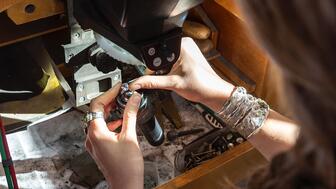
A 10-year alliance has also begun to address the shortage of bench jewelers through scholarships, enhanced programs, and updated equipment.

Every jeweler faces the same challenge: helping customers protect what they love. Here’s the solution designed for today’s jewelry business.
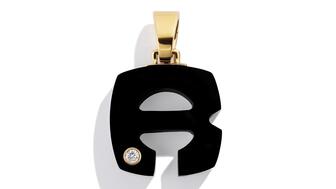
The “Splendente” collection has evolved to feature hardstone letter pendants, including our Piece of the Week, the onyx “R.”

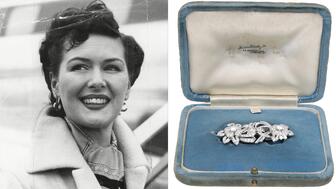
The jewelry collection belonged to “one of society's most glamorous and beautiful women of the mid-20th century,” said the auction house.

The update came as Anglo took its third write-down on the diamond miner and marketer, which lost more than $500 million in 2025.

With refreshed branding, a new website, updated courses, and a pathway for growth, DCA is dedicated to supporting retail staff development.
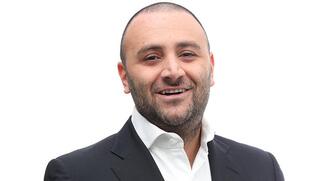
Emmanuel Raheb discusses the rise of “GEO” and the importance of having well-written, quality content on your website.

Each received around four years for burglarizing a jewelry store and a coffee shop in Simi Valley, California, last May.
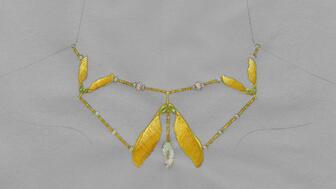
Catherine Aulick, a GIA graduate, received the ninth and final Gianmaria Buccellati Foundation Award for Excellence in Jewelry Design.
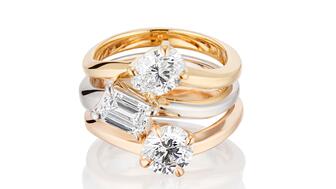
We asked a jewelry historian, designer, bridal director, and wedding expert what’s trending in engagement rings. Here’s what they said.
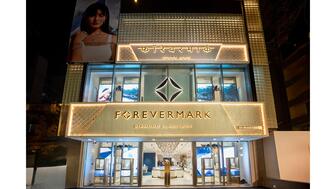
Experts from India weigh in the politics, policies, and market dynamics for diamantaires to monitor in 2026 and beyond.

Are arm bands poised to make a comeback? Has red-carpet jewelry become boring? Find out on the second episode of the “My Next Question” podcast.
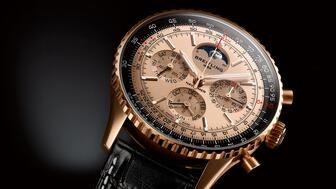
The Swiss watchmaker is battling declining sales amid a rapid retail expansion, according to a Financial Times report.
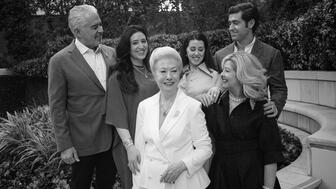
The campaign celebrates Giustina Pavanello Rahaminov, the co-founder’s wife and matriarch of the family-owned brand, for her 88th birthday.

Rachel Bennett, a senior jeweler who has been with Borsheims since 2004, earned the award.

After the Supreme Court struck down the IEEPA tariffs, President Trump imposed a 10 percent tax on almost all imports via a different law.

The industry veteran, who was with The Edge Retail Academy for 14 years, joins her husband at the company he founded in 2022.
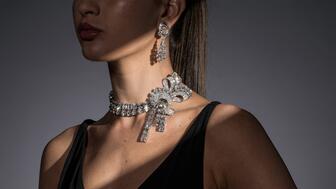
The vintage signed jewelry retailer chose Miami due to growing client demand in the city and the greater Latin American region.

Former Flight Club executive Jin Lee will bring his experience from the sneaker world to the pre-owned watch marketplace.
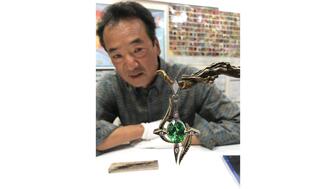
Sakamoto, who died in mid-January following a sudden illness, is remembered for his humility and his masterful, architectural designs.
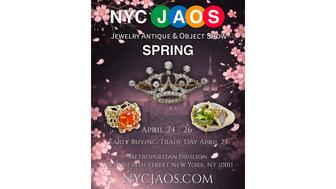
The April event will feature a new VIP shopping day requiring a special ticket.

Bulgari chose the British-Albanian singer-songwriter for her powerful and enduring voice in contemporary culture, the jeweler said.

In a 6-3 ruling, the court said the president exceeded his authority when imposing sweeping tariffs under IEEPA.

Smith encourages salespeople to ask customers questions that elicit the release of oxytocin, the brain’s “feel-good” chemical.

JVC also announced the election of five new board members.












